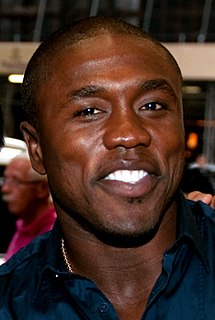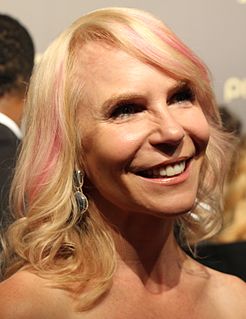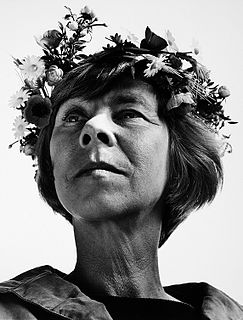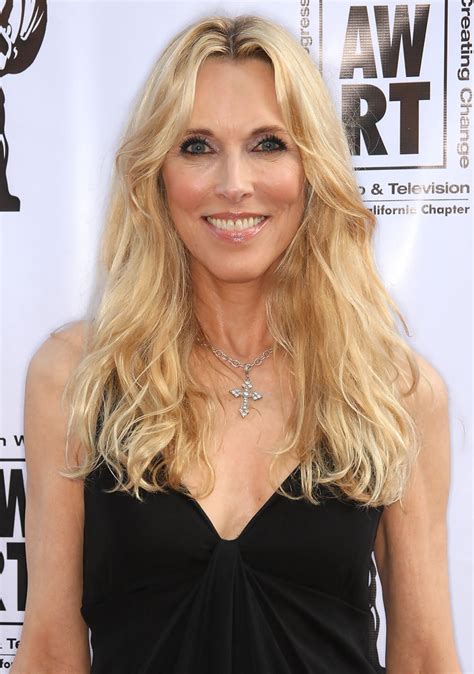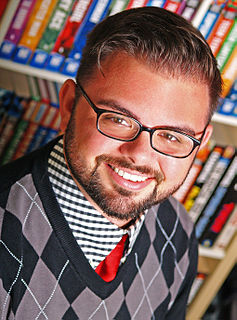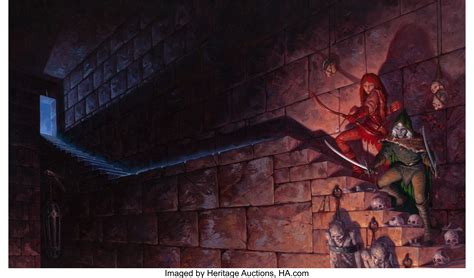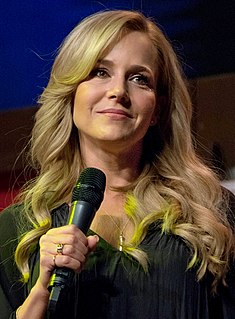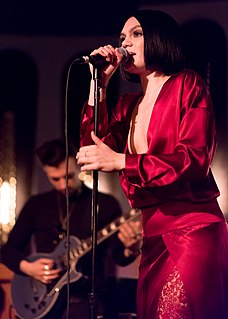A Quote by Teri Garr
I was trying to work, but I noticed that people, if they had any inkling of the idea that I was sick or had MS... people shunned me. No work after that.
Related Quotes
It's a different mindset. Coming from where I come from, we always had to defeat the odds. We didn't have what other people had. We had to work twice as hard for everything. To be noticed to be seen. Even back then it drove me to be the best that I can be. I wanted everyone to know I was somebody you had to watch.
I think my biggest problem as a creative person trying to work within a business for profit was that it was very important to me that people liked me. Over the years, observing other showrunners who made work that I so admired, I realized that that had to go. This couldn't be my first priority. My first priority had to be the work.
What I am trying to say is that it is not without any value. The value of copies is that they can direct us towards the original. I was recently at the Louvre Museum and I was filming people who were viewing the Mona Lisa. I noticed the number of ordinary people, astonished, mouths agape, standing still for long stretches looking at the work, and I wondered, "Where does this come from? Are these people all art connoisseurs?" They are like me; through the years, we've seen this work in our schoolbooks or art history books, but when we stand before the original, we hold our breath.
I had no idea about where I was going. I had no sense of art as anything other than a problem to be fixed, you know, an itch to be scratched. I was in that studio trying my best to feel content with myself. I had, like, a stipend. I had a place to sleep. I had a studio to work in. I had nothing else to think about, you know. And that's - that was a huge luxury in New York City.
As an actor, it made me realize a really important lesson. I didn't have to put any spin on the ball as Rita [in Dexter]. All I had to do was speak. And there was such simplicity in that as an actor. With Debra, I was trying to put a square peg into a round hole, and it just didn't work, but in my mind, because I had to work so hard on it, I was, like, "Oh, this is acting!" But that's not acting.
I've had this terrible stomach problem for years, and that has made touring difficult. People would see me sitting in the corner by myself looking sick and gloomy. The reason is that I was trying to fight against the stomach pain, trying to hold my food down. People looked me and assumed I was some kind of addict.


